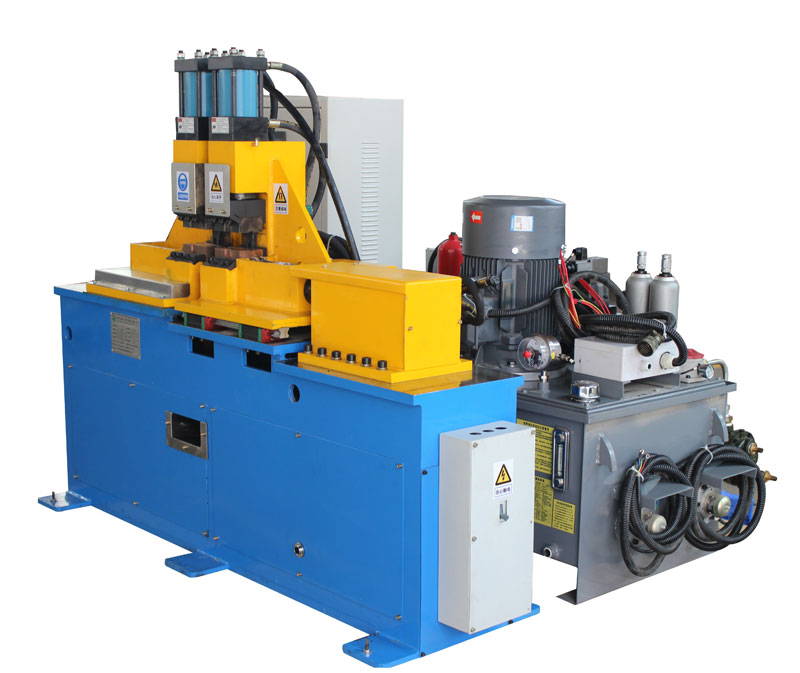Analysis of Flash Butt Welding Machine Preheating Stage
Flash butt welding is a widely used welding process in various industries. One crucial stage in this process is the preheating phase, which plays a vital role in ensuring the quality and integrity of the weld joint. In this article, we will delve into the preheating stage of flash butt welding, examining its significance, key parameters, and the impact it has on the final weld.
The preheating stage in flash butt welding is the initial phase where the two workpieces to be welded are brought into contact and subjected to an electric current. This current generates intense heat at the interface of the workpieces, softening the material and preparing it for the welding process. The preheating stage serves several important purposes:
- Temperature Uniformity: Preheating ensures that both workpieces reach the same temperature, promoting uniform heating and minimizing thermal stresses during the subsequent welding stages.
- Material Softening: It softens the workpiece material, making it more malleable and easier to forge together during the welding phase.
- Removal of Contaminants: Preheating helps in the removal of surface contaminants such as rust, oil, and oxides, which could otherwise affect the quality of the weld.
- Minimizing Energy Consumption: By preheating the workpieces, the overall energy required for the welding process is reduced, leading to cost savings.
Key Parameters in the Preheating Stage:
- Temperature Control: The preheating temperature is a critical parameter, and it should be carefully controlled to ensure that the workpieces reach the desired temperature for welding. The temperature can vary depending on the materials being welded.
- Heating Time: The duration of the preheating phase is essential. Too short a heating time may result in incomplete softening of the materials, while too long a heating time can lead to excessive energy consumption.
- Pressure: The pressure applied during the preheating stage is crucial to maintaining proper contact between the workpieces and ensuring uniform heating.
The Impact on the Final Weld:
The quality of the preheating stage has a significant impact on the final weld joint. Properly preheated workpieces lead to the following benefits:
- Stronger Welds: Uniform heating and material softening result in stronger and more reliable welds.
- Reduced Defects: The removal of contaminants and uniform temperature distribution decrease the likelihood of defects such as cracks and inclusions in the final weld.
- Energy Efficiency: Efficient preheating reduces energy consumption, contributing to cost savings.
In conclusion, the preheating stage of flash butt welding is a crucial step that cannot be overlooked. It influences the quality, strength, and efficiency of the welding process. Therefore, careful attention to the key parameters and a well-controlled preheating phase are essential for achieving successful flash butt welds.
